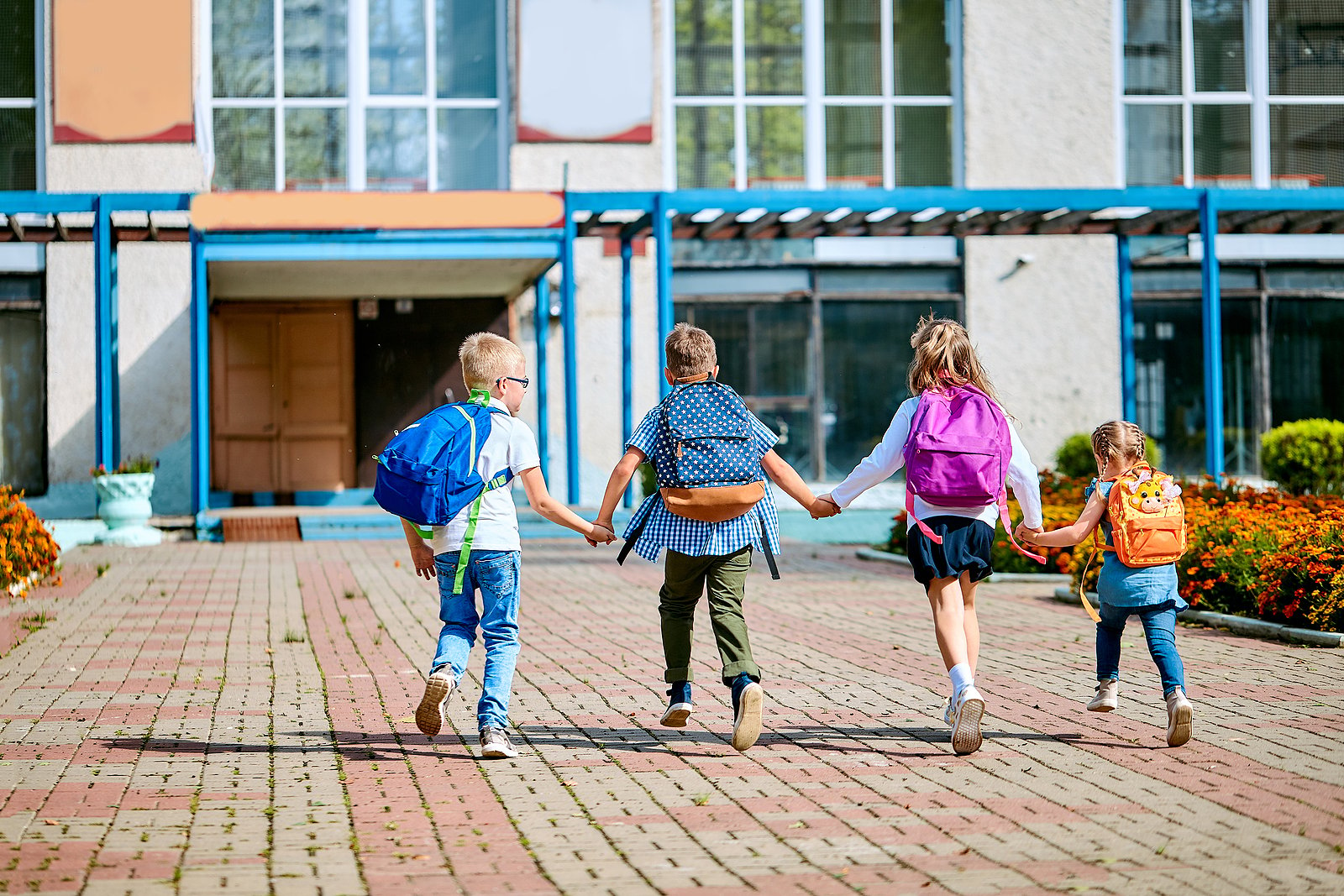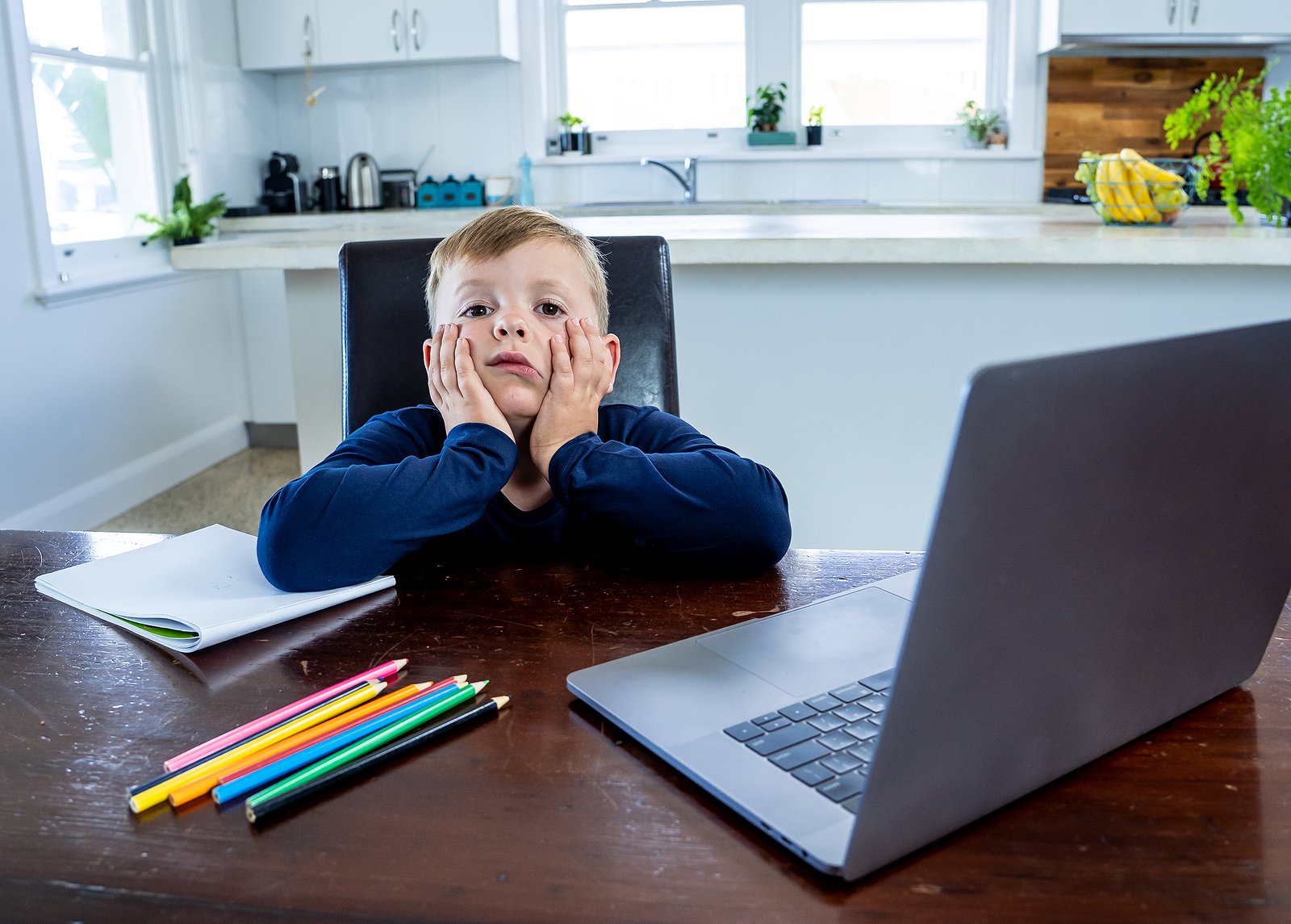DfE Updates Statutory Safeguarding and Child Protection Guidance
 The Department for Education (DfE) has updated the statutory safeguarding and child protection guidance for schools and colleges in England, Keeping children safe in education, which comes into force on 1st September 2021.
The Department for Education (DfE) has updated the statutory safeguarding and child protection guidance for schools and colleges in England, Keeping children safe in education, which comes into force on 1st September 2021.
The guidance sets out what schools and colleges in England must do to safeguard and promote the welfare of children and young people under the age of 18.
The NSPCC have released a briefing document covering the latest updates including changes to the management of safeguarding guidance.
Whole school and college approach to safeguarding
A new section has been added making clear the importance of a whole school and
college approach to safeguarding. It states that safeguarding and child protection
should be at the forefront and underpin all relevant aspects of process and policy
development in schools and colleges. Where there is a safeguarding concern, children’s wishes and feelings should be taken into account when determining what action to take and what services to provide. Children and young people should know that their concerns will be treated seriously and they can safely express their views. Systems for reporting abuse should be well promoted, easily understood and easily accessible for children.
Safeguarding and child protection policies
Additional information has been added on what should be covered in schools’ and
colleges’ child protection policies, including:
• their approach to peer-on-peer abuse
• reporting systems
• procedures
• multi-agency safeguarding arrangements
• serious violence.
Information sharing
Clarification about the powers schools and colleges have to share, hold and use
information to identify and tackle abuse and neglect and promote children’s welfare
has been included.
Safeguarding training
New guidance has been added stating the importance of online safety training for
school and college staff. Training on online safety should be integrated with the whole
school or college approach to safeguarding.
Teaching safeguarding
Links have been added to resources to help teachers teach children and young people
about safeguarding, including relationships education and online safety.

Online safety
Additional guidance has been added to help schools and colleges protect children and
young people and educate them on online safety. There should be a whole school or
college approach to online safety, making sure it is reflected in all relevant policies,
the curriculum, teacher training, the role of the DSL and parental engagement.
Schools’ and colleges’ approach to online safety should be reflected in their child
protection policy and there should be a clear policy on the use of mobile and smart
technology. This policy should cover how schools and colleges will manage incidents of
sexual harassment between children and young people via mobile or smart
technology.
If children are being asked to learn online at home, for example because of the
coronavirus pandemic, schools and colleges should follow advice from the DfE on
safeguarding and remote education (DfE, 2021b).
Schools and colleges should have appropriate filters and monitoring systems in place
to limit children’s exposure to online risks. Settings should also ensure they have
appropriate security procedures in place to safeguard their systems.
Schools and colleges should review their online safety policies and information
annually to keep up with developments in technology, risks and harms.
Peer-on-peer abuse
Further guidance on what information about peer-on-peer abuse should be included in
schools’ and colleges’ child protection policies has been added, including:
• a statement making it clear that there is a zero-tolerance approach to peer-on peer abuse
• the systems in place for children to report abuse
• a recognition that even if there are no reported cases of peer-on-peer abuse, this doesn’t mean it’s not happening within the school or college.
Use of school or college premises for non-school/college activities
A section has been added to the guidance setting out what governing bodies and
proprietors should do to ensure children are kept safe if the school or college premises
are being used for other activities. If services or activities are provided by the school or college, under direct supervision from staff, their arrangements for child protection will apply. If another organisation is providing services or activities on the site, the governing body or proprietor should ensure that appropriate safeguarding and child protection policies and procedures are in place.
Alternative provision
New paragraphs have been added making clear that governing bodies and proprietors
of alternative provision should be aware of the complex needs of children and young
people and the additional risks they might be vulnerable to. The DfE has published two pieces of statutory guidance which commissioners of alternative provision should
follow (DfE 2016; 2013).
Elective home education
A new section has been included, which highlights that although many children have
positive experiences of home education, for some children it means they are less
visible to services that are there to keep them safe and supported. If a parent or carer expresses their intention to educate a child at home, the local authority, school and other key professionals should work together to coordinate a meeting with the parent or carer. This is particularly important if a child has special educational needs and disabilities (SEND), is vulnerable or has a social worker. Schools should be familiar with guidance for local authorities on elective home education (DfE, 2019).
Mental health support
Additional information has been added about the DfE’s programme to help schools
prevent and tackle bullying and support pupils whose mental health problems
manifest themselves in behaviour. The DfE has published advice and guidance for
schools on these topics, which might also be helpful for colleges (DfE, 2018; 2017).
Schools and colleges may choose to appoint a senior mental health lead, though this
is not mandatory. The senior mental health lead should be supported by the senior
leadership team and could be the pastoral lead, special educational needs coordinator
(SENCO) or DSL. From September 2021, some schools and colleges will be able to
access training for senior mental health leads.
A full copy of the guidance can be found here:
Keeping children safe in education 2021 - Statutory guidance for schools and colleges
About Lisa Robinson
Lisa - word smith to the gods.
